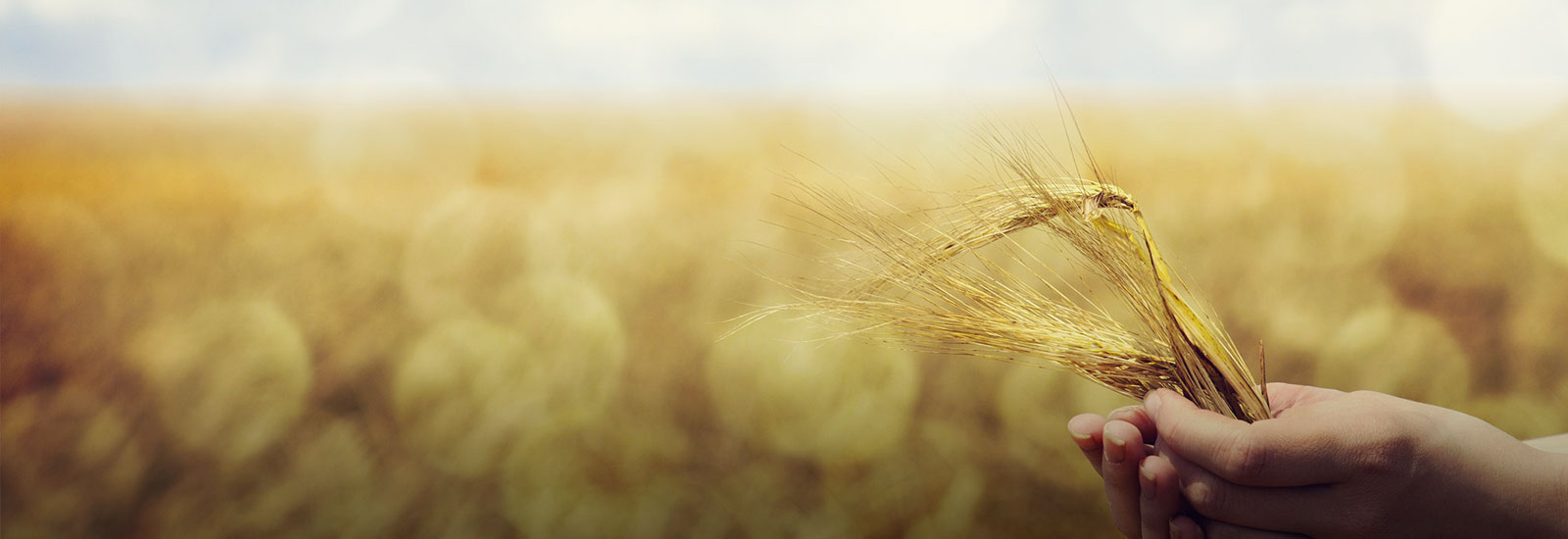
Hilda Andrea Loschi
Hilda Andrea Loschi is a Brazilian agronomist engineer focusing on the strategic areas of her family’s fruit farm in Minas Gerais. This includes defining new projects, and taking care of the financial, commercial, and technical areas of the farm.
 What do you do?
What do you do?
Currently, we produce mostly fruits. The banana crop covers most of the land (400 hectares). We have a small area where we grow grapes, which we are expanding from 5.5 to 15 hectares. We also have some non-irrigated areas that due to water shortage, will be turned into pasture for free-range and confined cattle.
I define and contribute to the business strategies with support from my partners; who are also my brothers. I also help develop growing techniques, mainly for the bananas.
Why do you love your job?
What moves me is the possibility to transform. It’s very beautiful to see the transformation of the elements – soil, air and water – by growing plants that turn into food. I think it is one of the most amazing things that nature has to offer us.
But I also like the possibility of transforming the lives of people. I have the chance to interact with people who share the same passion that I do, and who produce their food with love. Our work promotes changes in people’s lives by enhancing economic and personal development. That’s what keeps me going, despite all the hardships along the way like climate change, market fluctuations, financial issues, and so forth.
How did you get here?
I have been in contact with agriculture since I was a little girl. I was born and grew up on the farm. I have always helped with the crops and dealt with day-to-day life in the field. I come from a generation that had the opportunity to study and I was able to go to college to improve my education. This allowed me to develop and improve the work in the field until it reached the highest standard with much more technical capabilities.
What is your advice for young women wanting to contribute to sustainable food and farming?
My advice is for them to educate themselves, to learn, and be very good at what they do. We have to distinguish ourselves and seek broader education in technical, strategic, and managerial areas. One important career differential is the ability to manage a business and people, but we cannot afford to lose our understanding of the differences between human beings: between men and women, youth and adults, the rich and the poor. We have to respect those differences and learn that everyone around us has something to add to our daily lives and to agriculture.
How does agriculture need to change to be fit for the future?
We have to invest in digital agriculture. Investing in innovation allows us to obtain quality information and to see the bigger picture.
The land itself shows us its symptoms; what it does and doesn’t need, but sometimes we fail to see that clearly. With digital tools, it is easier to interpret that information. We must be prepared to use our analytical capacity to convert information into growth, development and sustainable production, in order to meet market and societal demand.
What’s one challenge you face as a woman in agriculture and what do you think needs to be done to overcome this?
The scenario is still very complex for women at all levels – from managerial to operational. All of us share the common challenge of juggling any combination of family and business, of having a career. It is still difficult to prove that we are capable of managing these simultaneously.
We need to change the narrative and show that women are perfectly capable of leading and being successful in both areas – professional and personal. Fortunately, society is changing, but for rural women in operating positions, there are still many obstacles to overcome.
There is no incentive for farms to introduce a more equalitarian environment, and it is up to our generation to improve that. I see the power of information as a step forward. We are paving the way for a more comfortable environment for future generations; in the past prejudice was not so visible and people did not know of the difficulties that women faced in the field.
And finally, we can no longer consider ourselves victims. We must be our own champions to drive the changes we want for ourselves.
Hilda is just one of many inspirational women working in agriculture. Visit our Female #FoodHeroes page to hear from other women working to improve plant science and nutrition.


